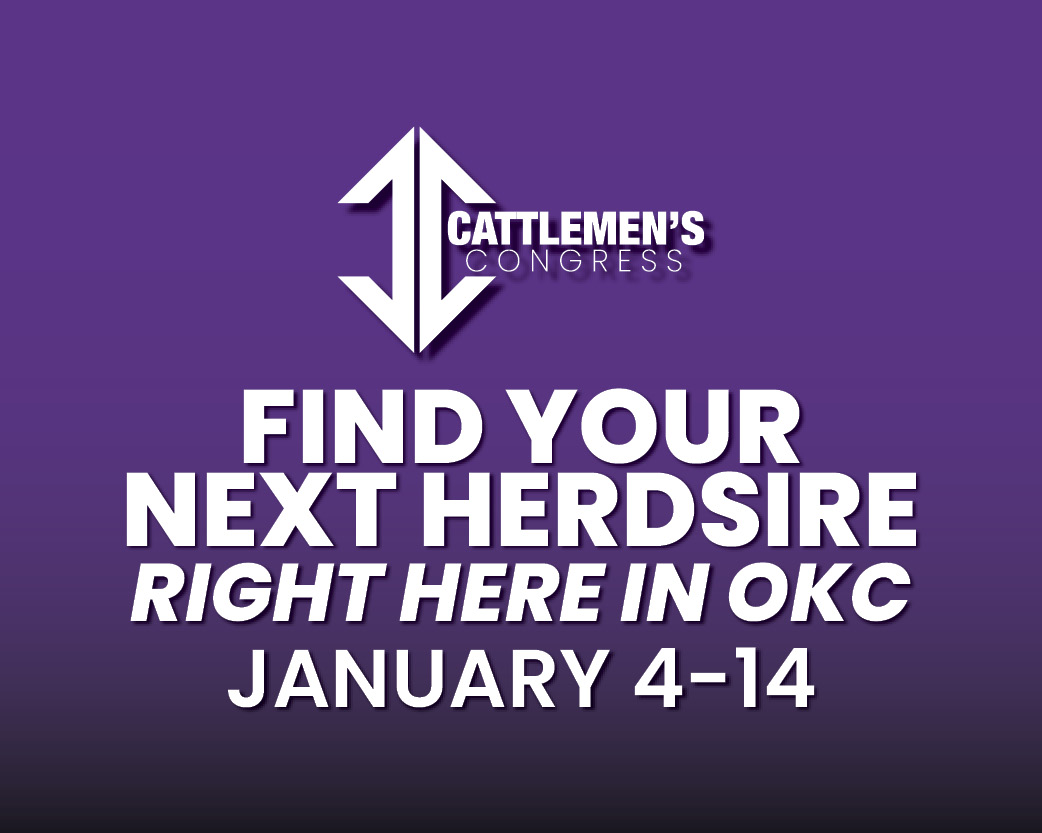
Agricultural News
2020-2025 Dietary Guidelines Not Applicable for Majority of Americans
Wed, 30 Dec 2020 11:42:27 CST
 The Nutrition Coalition (TNC) has worked to encourage that the US Dietary Guidelines for Americans (DGA) be evidence based and inclusive of all Americans. With the 9th iteration of the DGA released today, TNC remains concerned that this highly influential policy document addresses only a minority of Americans, excluding the 60% of the population, according to the CDC, diagnosed with one or more diet-related chronic disease.
The Nutrition Coalition (TNC) has worked to encourage that the US Dietary Guidelines for Americans (DGA) be evidence based and inclusive of all Americans. With the 9th iteration of the DGA released today, TNC remains concerned that this highly influential policy document addresses only a minority of Americans, excluding the 60% of the population, according to the CDC, diagnosed with one or more diet-related chronic disease.
"This narrow scope fails to meet the Congressional statute that the DGA address the 'general public' The general public is now ill, afflicted with chronic disease-and we have a national nutrition policy that ignores them," stated Nina Teicholz, Executive Director of TNC.
She added: "Nutrition recommendations that are taught to all Americans should necessarily reflect all Americans, and these Dietary Guidelines clearly fail to do that. The policy is scoped for disease-prevention only-thereby ignoring the 60% of the population now diagnosed with one or more diet-related disease, including heart disease, obesity, diabetes, etc. The expert committee did not review any of the body of science on how to successfully treat these diseases with nutrition-not even any studies on weight loss. For the US Department of Agriculture (USDA) to develop a policy so narrowly focused on a minority of Americans makes little sense, especially since these Guidelines are applied to sick and well alike. These Guidelines can be of little-to-no use for the millions of Americans diagnosed with chronic, diet-related diseases."
For 40 years now, the Dietary Guidelines have been more than just recommendations. They are arguably the single-most powerful lever influencing what Americans eat, a broadly influential policy that is considered the 'gold standard,' followed by most healthcare practitioners, K-12 educators, media outlets, and the military. The DGA also drives food choices for the $100 billion spent by the USDA on Nutrition Assistance Programs, for school lunches, feeding assistance for the elderly and women with infant children, food for disadvantaged communities, and more.
"The populations in these USDA programs have significantly higher rates of diet-related conditions, and yet the foods delivered to them are arguably inappropriate for their diseases. For instance, there is evidence to show that the Guidelines' advice to eat 6 servings of grain per day (3 of them refined) and up to 10% of calories as sugar will do harm to someone with diabetes. The USDA should at least do no harm." added Teicholz.
The Nutrition Coalition has been a leading voice in the debate around Guidelines. TNC has called for increased transparency, a more rigorous scientific process for reviewing the science, and the need for the DGA to be applicable to all Americans, including minorities and those with obesity, diabetes as well as other metabolic diseases.
Despite calls for reform by more than 56 Members of Congress, hundreds of doctors and tens of thousands of individuals, the new iteration of the Guidelines continues to rely on outdated, weak science and exclude large bodies of scientific literature.
Science on saturated fats Ignored: Among the science that was excluded by the 2020 DGA process was the last decade of studies on saturated fats. These have, on the whole, concluded that these fats have no effect on heart disease mortality. A group of leading US scientists, including former members of the Dietary Guidelines Advisory Committee itself (and the Chair of the 2005 Committee) wrote letters to the Secretaries of USDA and HHS as well as members of Congress, discussing how this science evolved. See a news report on these events in The BMJ
Dr. Andrew Mente, Associate Professor of Epidemiology and Nutrition at McMaster's University in Canada, a Principal Investigator of PURE, the world's largest epidemiological study, member of the TNC Scientific Council, and one of the members in the group mentioned above, stated, "Nutritional policies for populations must be backed by strong and consistent scientific evidence. To date, the collective data on saturated fat do not support existing recommendations of limiting intake to 10% of calories. In fact, the most recent data indicate that restricting saturated fat intake to low levels is not needed and may even be harmful. The lack of support for restrictions on saturated fat is not surprising, given that saturated fat is not consumed as a single isolated compound (i.e. unlike medications) but rather from foods like meats and dairy which also contain a multitude of other nutrients that the body needs including monounsaturated fat, quality protein, vitamin B, zinc, selenium, magnesium, and vitamin D. Instead, relaxing current restrictions on saturated fat intake but limiting intake of refined carbohydrates, added sugar, and ultra-processed foods is a better bet for improving the health of populations."
Lack of Transparency on Financial Conflicts of Interest
Despite recommendations by the National Academies of Sciences, Engineering, and Medicine, in a 2017 report, that the members of the Dietary Guidelines Advisory Committee disclose all conflicts of interest, the USDA-HHS did not take up this recommendation. Therefore, the public remains largely unaware of the vast conflicts of interest on the committee. Its members include the:
o Current Medical Director, Nestlé's OPTIFAST weight-loss program (Jamy Ard)
o Former Global Director of Scientific Affairs, Merck & Co. (Steve Heymsfield)
o Former Member, Scientific Advisory Board, ConAgra (Richard Mattes) <>
o President, The Danone Institute (funded by Dannon, the world's largest yogurt company) (Barbara Schneeman, Chair of the 2020-2025 DGAC)
2
<> (Barbara Schneeman)
WebReadyTM Powered by WireReady® NSI
Top Agricultural News
More Headlines...





